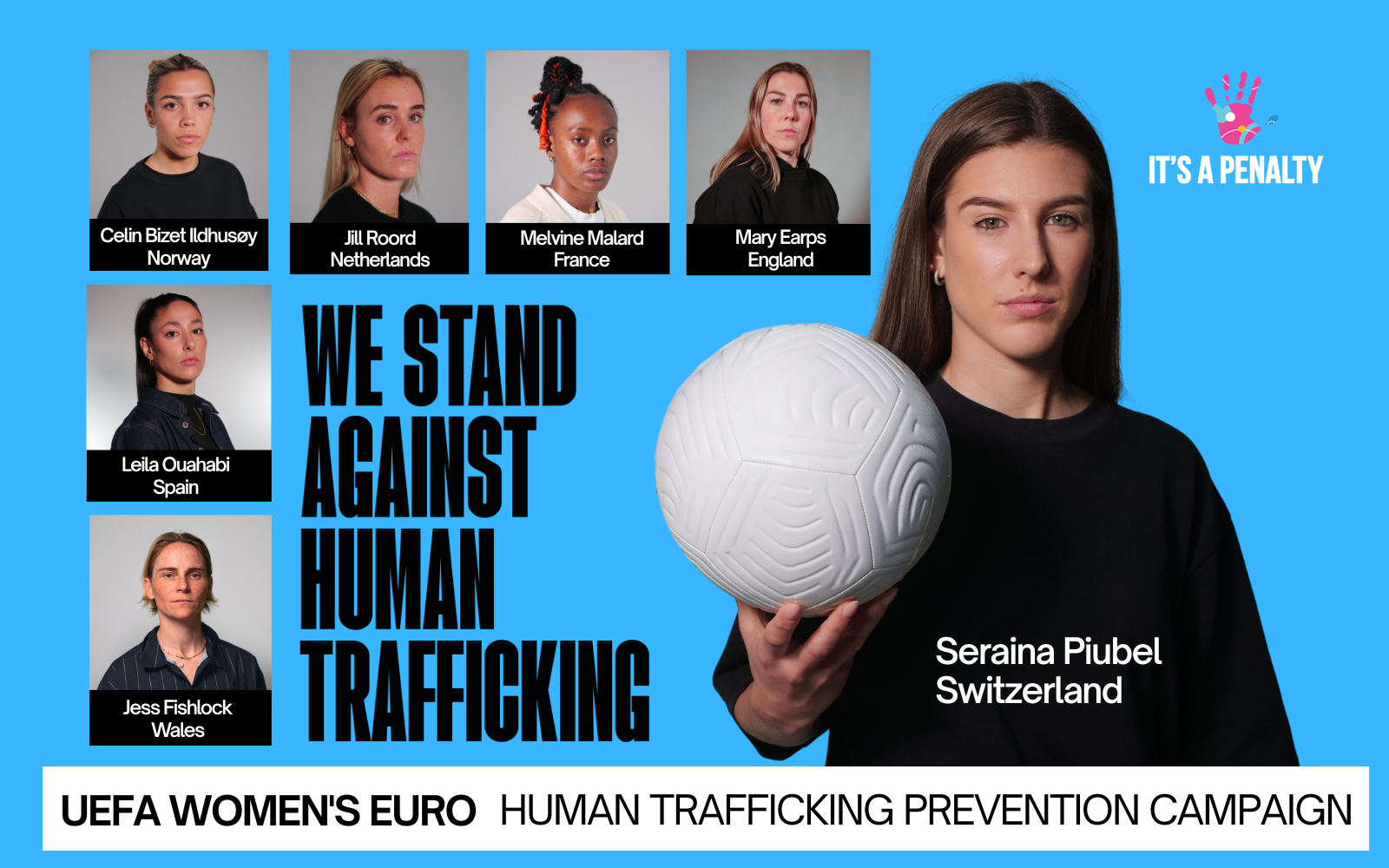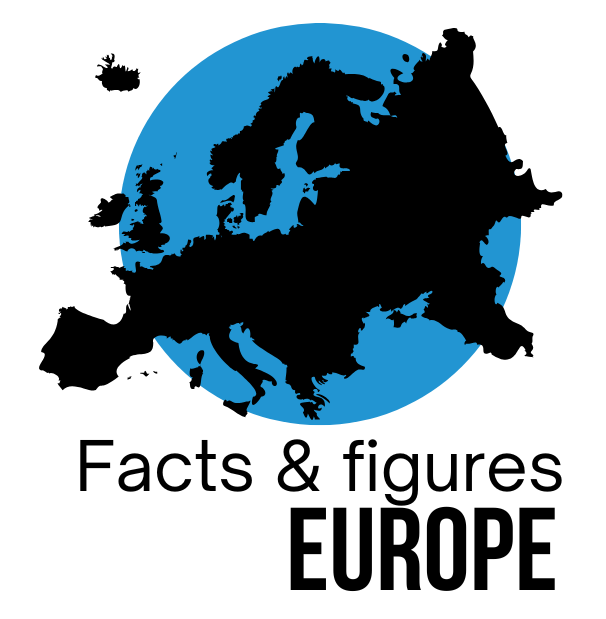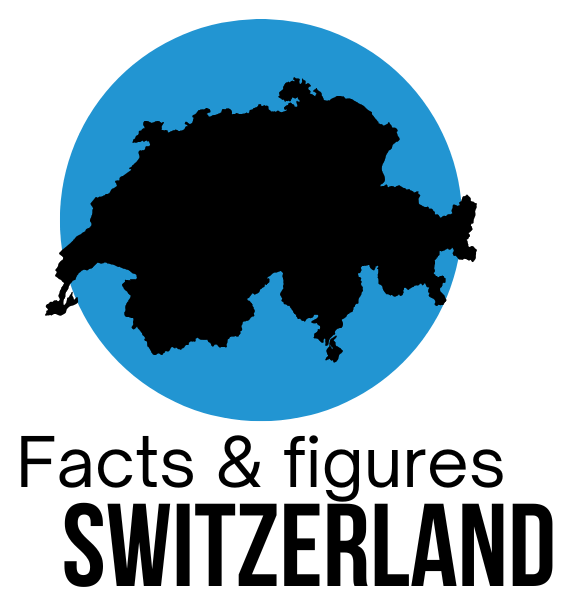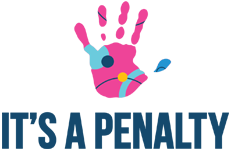
- 1. Get help & learn how to report
- Please click on a tab below to learn more about support in Switzerland:
- 2. What is Human Trafficking?
- 3. Potential indicators of human trafficking
- 4. Human Trafficking in Europe & Switzerland
- 5. Case Study
- 6. Myth busting
- 7. Footballers stand against human trafficking
- 8. About the It’s a Penalty UEFA Women’s EURO Switzerland campaign
- 9. Our partners
- 10. Support our work
1. Get help & learn how to report
If you or someone you know is in immediate danger in Switzerland, call 117.
To report suspicions or for advice about human trafficking, please contact one of the organisations listed below.

To report suspicions of human trafficking, seek advice or support, call FIZ Fachstelle Frauenhandel und Frauenmigration)
Call: +41 44 436 90 00
Whatsapp: +41 76 596 15 63
Mail: contact@fiz-info.ch
You can contact FIZ Monday to Friday 9.00 – 17.00
They support both male and female victims of human trafficking.
Discreet and Anonymous Reporting: Reports can be made anonymously, confidentially and discreetly. Your identity does not have to be disclosed, ensuring your privacy and protection.
Guidance for Victims – Your safety is the top priority: If you think someone might be monitoring your internet use or emails, or if you feel unsafe online, please consider your personal safety before reaching out.
If you know someone in a potential situation of human trafficking, or suspect it, please read this advice from FIZ (scroll through for more information).
For further information and resources regarding human trafficking in Switzerland, please visit the IOM Switzerland web page www.18oktober.ch
Please click on a tab below to learn more about support in Switzerland:

The Swiss Platform against Human Trafficking – Plateforme Traite is a Swiss-wide network of non-governmental organizations that support victims of human trafficking.
Plateforme Traite promotes exchange between organizations and works to ensure that all victims of human trafficking in Switzerland have access to their rights. At the political level, it is committed to ensuring that victim protection for victims of human trafficking is improved and guaranteed in all cantons.
Home – Plateforme Traite Antenna MayDay
may.day@sunrise.ch
www.sos-ti.ch/mayday.html
Helpline: 0800 123 321
Opening hours: Monday – Friday, 08:00-12:00/ 14:00-16:00
Antenna MayDay was founded in 1996 in order to provide migrants with precarious residence status or sans-papiers in Ticino with better access to medical care and to advise them on questions of social law.
Antenna MayDay
may.day@sunrise.ch
www.sos-ti.ch/mayday.html
Helpline: 0800 123 321
Opening hours: Monday – Friday, 08:00-12:00/ 14:00-16:00
Antenna MayDay was founded in 1996 in order to provide migrants with precarious residence status or sans-papiers in Ticino with better access to medical care and to advise them on questions of social law.
 ASTRÉE
info@astree.ch
www.astree.ch
Helpline: 021 544 27 97
Opening hours: Monday – Friday, 9.00-17.00
The ASTRÉE association was founded at the end of 2014 with the support of the canton of Vaud. Since June 2015, ASTRÉE has offered a victim protection program for victims of human trafficking and exploitation.
ASTRÉE
info@astree.ch
www.astree.ch
Helpline: 021 544 27 97
Opening hours: Monday – Friday, 9.00-17.00
The ASTRÉE association was founded at the end of 2014 with the support of the canton of Vaud. Since June 2015, ASTRÉE has offered a victim protection program for victims of human trafficking and exploitation.
 Centre social protestant CSP Genève
info@csp-ge.ch
www.csp.ch
Helpline: 0800 20 80 20
Opening hours: Monday – Friday, 13.30-17.30
CSP Genève is a non-profit organization that helps people in precarious life situations. In 2015, CSP expanded its range of services and created a specialized counseling center with two lawyers, where victims of human trafficking receive counseling.
Centre social protestant CSP Genève
info@csp-ge.ch
www.csp.ch
Helpline: 0800 20 80 20
Opening hours: Monday – Friday, 13.30-17.30
CSP Genève is a non-profit organization that helps people in precarious life situations. In 2015, CSP expanded its range of services and created a specialized counseling center with two lawyers, where victims of human trafficking receive counseling.
 AVIT Association Valaisanne de soutien aux victimes et témoins de traite des êtres humains
contact@avit-vs.ch
avit-vs.ch
Helpline: 027 565 05 53
AVIT was created in 2023 by order of the authorities with the aim of providing Valais with an organisation specialising in the detection and care of victims of trafficking, so that they can benefit from legal advice and professional assistance.
AVIT Association Valaisanne de soutien aux victimes et témoins de traite des êtres humains
contact@avit-vs.ch
avit-vs.ch
Helpline: 027 565 05 53
AVIT was created in 2023 by order of the authorities with the aim of providing Valais with an organisation specialising in the detection and care of victims of trafficking, so that they can benefit from legal advice and professional assistance.
Support organisations in Europe

La Strada International is a European NGO Platform against human trafficking, that works from a human rights perspective in support of trafficked persons. The Platform has 33 members in 24 European countries. Members provide direct and indirect social support and empowerment programmes for trafficked persons and risk groups including (psycho) social, medical, legal and vocational support, shelter services, long-term reintegration and employment support, provision of consultations and referral via national hotlines, prevention lectures and trainings to professional groups, awareness-raising, lobby, advocacy and media campaigns.
For further information, or urgent support, check their contacts in the different European countries here LSI Flyer members hotlines and contact data_June2025
2. What is Human Trafficking?
Human trafficking involves exploiting a person through force, fraud or coercion for profit.
50 million people are estimated to be trapped in human trafficking today globally, a 10 million increase since 2016.
It can happen in any community and victims can be any age, race, gender, or nationality.
Scroll to learn more about some of the common types of human trafficking identified in Switzerland and across Europe.
3. Potential indicators of human trafficking
Individuals experiencing human trafficking can be found in a variety of situations.
You can play a role in recognizing potential indicators of human trafficking.
Reporting concerns is the first step in identifying human trafficking in your community and can prevent individuals being recruited into exploitative situations.
An individual experiencing human trafficking or exploitation may:

Appear afraid, anxious or withdrawn.















Appear disoriented or unfamiliar with surroundings.















Be deceived about salary or working conditions.















Be threatened with violence, humiliation, blackmail, or excessive debts that do not decrease.
Please refer to our guidance in Section ‘1. Get help & learn how to report’ for guidance on reporting.
4. Human Trafficking in Europe & Switzerland

















In 2021, an estimated 6.4 million people were living in modern slavery across Europe and Central Asia. Source: Global Slavery Index.















Global conflicts and climate change have exacerbated existing vulnerabilities, in particular economic insecurity and displacement. These ‘enabling factors’, intensify human trafficking risk, making individuals at risk of being targeted for exploitative purposes. Source: Global Slavery Index.















In 2023, the EU recorded 10,793 victims of human trafficking, marking a 6.9% increase from 2022 and the highest number since 2008* Source: Eurostat.















Of the EU figures 63% of registered trafficking victims were women or girls. Source: Eurostat.















There was a notable increase in victims trafficked for forced labour in the EU. Source: Eurostat.
*The rise in recorded cases is likely due to improved detection and victim identification by authorities.


The following information regarding Switzerland has been provided by FIZ Fachstelle Frauenhandel und Frauenmigration and Platforme Traite (the Swiss Platform Against Human Trafficking).















Sexual and labour exploitation identified in Switzerland. Affected sectors are domestic work, caregiving, construction, and hospitality.















Forced criminality and forced marriages, especially affect migrants in precarious situations.















The Swiss Platform against Human Trafficking supported 488 survivors in 2023, 75% of whom were women. Of the 488, 53% were victims of sexual exploitation, and 47% victims of labour exploitation and forced criminality. Current figures are expected to be much higher. Consulting Statistics - Plateforme Traite















Survivors are mainly from Eastern Europe, Africa, Latin America, and Asia. Individuals in the asylum process are also targeted for exploitation.















Traffickers recruit victims through deception, threats, coercion, and exploitation of vulnerabilities, often luring them with false promises of better opportunities and living conditions, before using psychological and emotional control methods to exploit them.
*While the figures indicate human trafficking is on the rise the increase may be due to greater knowledge amongst the public to report, or law enforcement being able to detect more efficiently.
Due to its hidden nature, the full scope and scale of human trafficking is difficult to measure – but its impact is widespread and devastating.
5. Case Study
Jasmin* was lured to Switzerland from her home country in Asia with a false promise of work in the cleaning sector. On arrival, she was forced to provide sexual services, against her will. When she resisted, she was assaulted and threatened, with her traffickers using fear and control to exploit her. Scroll below and learn more about Jasmin’s story, and how she eventually sought support in Switzerland from FIZ (Fachstelle Frauenhandel und Frauenmigration).
* Jasmin is not her real name. A pseudonym has been used to protect her identity.
6. Myth busting
There are plenty of misconceptions about human trafficking.
By myth-busting and sharing the truth, people can have a better understanding of what it is and how to spot it.
This knowledge can empower communities and help protect people affected by human trafficking.
Scroll through our slide of 8 common myths, and the realities.
7. Footballers stand against human trafficking
Seven elite footballers – each representing a nation participating in the UEFA Women’s EURO – have come together to raise awareness about human trafficking. The campaign ambassadors are:
Seraina Piubel (Switzerland), Melvine Malard (France), Jill Roord (Netherlands), Jess Fishlock (Wales), Mary Earps (England), Leila Ouahabi (Spain), and Celin Bizet Ildhusøy (Norway).
Scroll below to view our Campaign Ambassadors.
The footballers feature in a our short campaign film to raise awareness of human trafficking to equip, educate, and inspire change.
Available on YouTube from Wednesday 25th June 2025 9am CET
In addition to the film, the footballers feature on campaign posters and digital signage at key locations across Switzerland. These materials provide essential information on identifying indicators of human trafficking and taking safe, informed action.
8. About the It’s a Penalty UEFA Women’s EURO Switzerland campaign
The It’s a Penalty UEFA Women’s EURO campaign used sport as a platform to educate and empower the public to recognise and report signs of human trafficking.
In the lead-up to the UEFA Women’s EURO, It’s a Penalty officially launched a multiplatform Human Trafficking Prevention campaign uniting high profile footballers, leading travel and hospitality brands, and NGOs to raise awareness and drive action against human trafficking. Timed to coincide with the tournament (2–27 July), the campaign ran June to the end of July, reaching millions across Switzerland and Europe. The campaign aimed to educate, equip, and empower the public to recognise and report signs of exploitation.
The campaign brought together a powerful coalition of organisations committed to taking action against human trafficking, including: Headline Partner Booking.com, Supporting Partners, Accor, Sysdoc and Uber, Spotlight Partner Border Force and NGO Partners, FIZ Fachstelle Frauenhandel und Frauenmigration and La Strada International.
These connections helped ensure effective prevention efforts and leave a positive legacy of cross-sector relationships dedicated to preventing human trafficking.
Campaign activities included:
- A 30 second awareness video featuring the campaign ambassadors screened across British Airways and KLM flights as well as digital signage within airport terminals and key transport hubs across Europe.
- Educational resources and staff training provided to Booking.com and Accor to help identify trafficking in hotels and properties.
- Multilingual posters and QR-code linked digital materials visible across Switzerland, guiding the public on how to identify human trafficking.
- Coordination with anti-trafficking organisations and NGOs throughout the campaign.
- Resources shared with Border Force hubs across Europe.
- Rearview mirror hangtags shared with Uber drivers with further information.
Major sporting events, such as the UEFA Women’s EURO present unique opportunities to unite communities, foster cross-sector collaboration, and raise awareness about human trafficking—leaving a lasting, positive legacy.
While these events do not cause trafficking, they can amplify existing patterns and displace them geographically. With large crowds and increased visibility, the heightened attention created by such events enable powerful platforms and opportunities to highlight the year-round prevalence of trafficking and push for systemic change.
9. Our partners
Thank you to our partners!
































